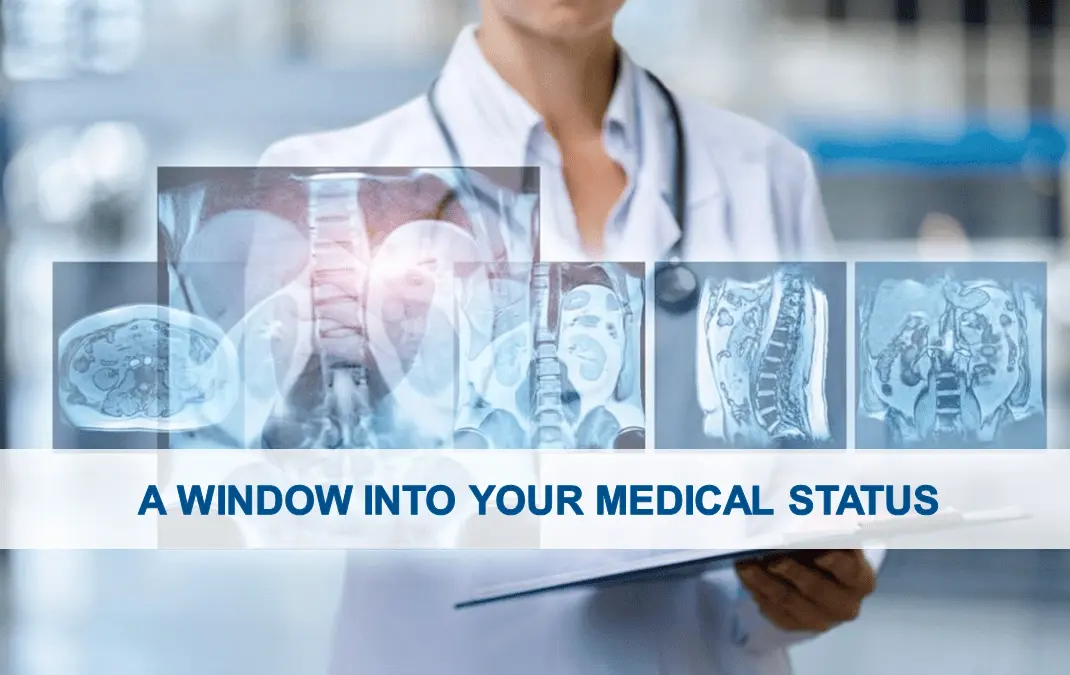Home » Imaging Radiology: A Window into Your Medical Status

Medical imaging, also referred to as radiology, encompasses the medical field dedicated to generating images of the body’s internal structures for diagnostic and therapeutic purposes. Utilizing non-invasive techniques, medical imaging aids in diagnosing injuries and diseases with precision and without invasive procedures.
The fundamentals of radiology: Radiology is a medical profession that uses images to diagnose and treat disorders. It includes a diverse set of technologies, each of which is intended to provide a unique viewpoint on the structure and function of the human body.
Role in Disease Detection: Radiological procedures such as X-rays, CT scans, and MRI scans are critical in detecting illnesses ranging from fractures and tumors to cardiovascular difficulties. This non-invasive method enables healthcare providers to see inside structures with unprecedented clarity.
Revolutionizing Power of Artificial Intelligence in Pharmaceuticals
Conclusion: Understanding radiology provides insight into the complex environment of human health. From early disease diagnosis to guiding sophisticated medical interventions, radiography is still an essential ally in modern healthcare. Embracing the ever-changing environment of radiological technology guarantees that we continue to discover new opportunities in our drive for better lives.
In the rapidly evolving medical landscape, pursuing a career in radiology holds transformative potential. Higher education is indispensable for advancement. Acquiring B.Sc and M.Sc degrees is essential. Lingaya’s Vidyapeeth stands out as the Top B.Sc College in Delhi NCR, ensures a solid foundation for a successful career in the medical field.
Ms. Nisha Dagar
Assistant Professor
School of Basic & Applied Sciences
February 7, 2024RECENT POSTS
CATEGORIES
TAGS
Agriculture Agriculture future AI Architecture artificial intelligence BA English BA Psychology BTech CSE BTech Engineering Business management career Career-Specific Education career guide Career Opportunities career option career scope Civil engineering commerce and management Computer Science Computer science engineering Data science degree education Engineering Engineering students English Literature english program Exam tips Fashion Design Fashion design course Higher Education Journalism journalism and mass communication law Law career Machine Learning MA Psychology Master degree mathematics MBA Mechanical Engineering Pharmacy Psychology Research and Development students
University Address: Nachauli, Jasana Road, Faridabad, Haryana
Toll Free: 1800-120-4613
Mobile : 8447744303 | 8447744304 | 8447744306 | 8447744309
Address: C-72, Second Floor, Shivalik, Near Malviya Nagar,
Above HDFC Bank, New Delhi 110017
Ph.No. - 011-46570515 / 45138169 / 41755703 / +91-7303152412
Jagmani Kutir, Ground Floor, Road No-1, Rajeev Nagar,
Near Darbar Marriage Hall, Patna-800024, Bihar
Contact No: 9818352069/8130120095
Mail: [email protected]
Copyrights © 1998 - 2025 Lingaya's Vidyapeeth (Deemed To Be University). All rights reserved.
It is important to note that the following email IDs and domains are fraudulent and do not belong to our university.
LV only conducts physical/online verification of any document related to examination on the following email id: